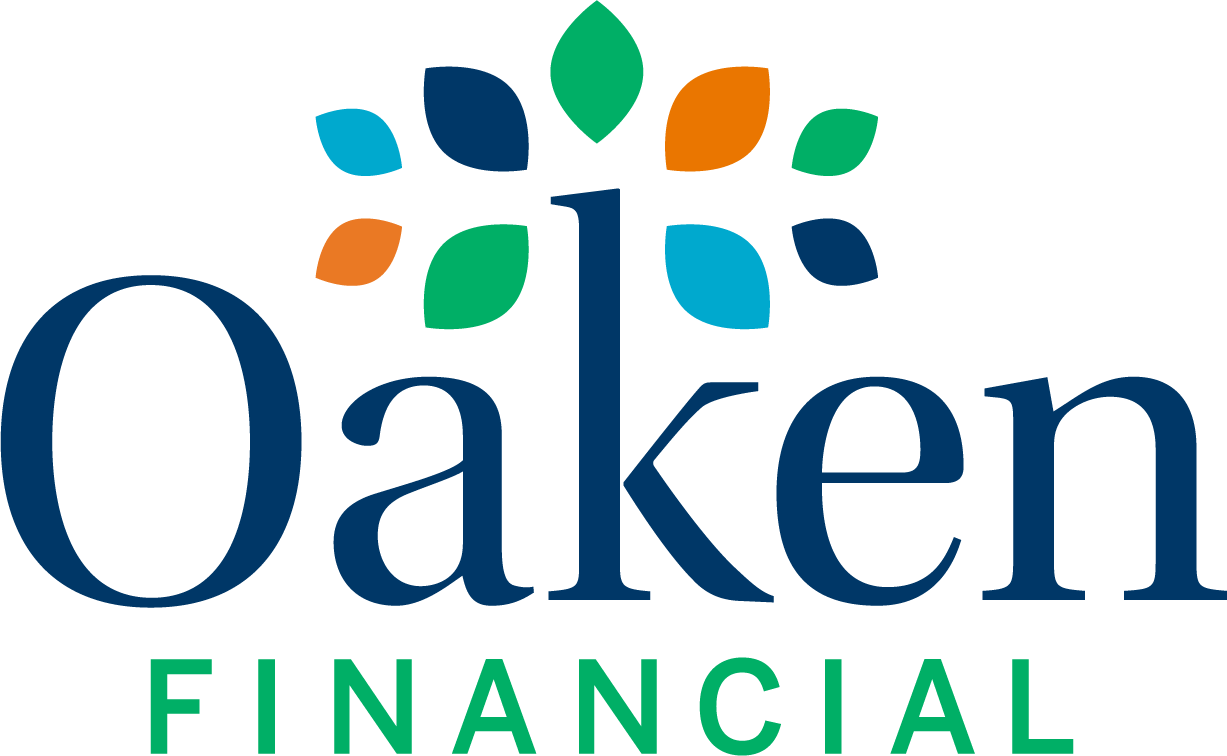We hear so much about Millennials (those born in the early 1980s) and how their influence has reshaped our world. As the first wave of this cohort enters early middle age and their peak earning years, they will continue to exert a tremendous influence on everything from consumer spending to government policies. However, the next generation – dubbed Generation Z, or simply “Gen Z” – is about to eclipse Millennials as the largest generation on the planet.
Membership to the Gen Z club is loosely defined as those born just prior to the turn of the century. This places the oldest Gen Z'ers in their college and university years, and just about to hit the workforce. A recent Bloomberg article shows that Gen Z currently makes up about 32 percent of the global population of 7.7 billion, and Gen Z will soon surpass Millennials as the largest generation. And just like the Millennials, and the generations before them, Gen Z’s attitudes and outlooks have been formed by the unique events they’ve experienced.
For instance, Gen Z is the first generation to grow up completely in a digital world. And while Millennials are certainly very comfortable digital users, Gen Zers are true digital advocates. They are very much at ease living a digital existence, and have an “app for everything” mentality.
Key events that shaped Gen Z
Generation Z also grew up in the shadow of some pivotal world events, not the least of which is the “Great Recession” of the early 2000s. A study by Charles Schwab & Co. shows that more than 80% of Gen Z'ers were old enough at the time to understand how devastating the economic downturn was to their parents, and the resulting financial hardship experienced by so many in the wake of the recession.
The Schwab study also suggests that this experience has had a lasting impression on Gen Z, and this appears to be confirmed in a paper produced by The Financial Brand. Using data from the American Phycological Association, the paper reported that 81% of young adults aged 18-21 in the U.S. identify money concerns as a leading source of stress. This is considerably higher than the 64% reported by the overall adult population. More than 30% of this age group cited “personal debt” as another major source of concern.
Talking money with your Gen Z kids
Generation Z has never known a time when they couldn’t simply jump online and instantly find the answer to any question. As such, they're very open to learning on their own. However, Gen Z also places considerable value on expert guidance and personalized help. This is especially the case when it comes to financial education, and as reported in a recent UK study, parents are one of the first places Gen Z'ers turn when they require financial advice.
As the parent of a Generation Z'er, you can help set your child on the right financial path with the knowledge they need to make well-informed money decisions.
The importance of having a budget
Helping your Gen Z child understand the importance of budgeting is perhaps the most valuable financial lesson you can give them. As noted in this Saversodes video, it’s vital for young people just starting out in their careers to understand how to create a realistic budget that includes setting aside money for their future.
Avoid the common mistakes that can hurt your credit score
Most people don’t give much thought to their credit rating, and it seems even fewer truly understand how their actions can affect their credit rating score. While your overall credit score directly impacts your ability to get credit, your score also plays a part in determining how much it will cost you to borrow.
Creditors use your credit score to evaluate the level of risk they assume by lending you money, and their lowest interest rates are reserved for those with the best credit scores. If you have a lower credit score, you may still be approved for a loan, but you will likely pay a premium with a higher interest rate to offset the increased risk.
Credit scores in Canada range from 300 to 900, with scores starting at 650 considered to be in the “good” range. An “excellent” rating starts at 750, and scores in this range typically qualify for the lowest interest rates. For more on this topic, read the Oaken Blog article “5 common mistakes that can lower your credit score”.
Strategies to help boost your savings
In a recent Oaken Blog feature, we looked at how getting a head start on your saving can pay dividends when you’re ready to retire. For young Gen Z’ers just preparing to enter the workforce, retirement may seem so far off that there’s little need to start planning so soon. However, the longer you wait to start saving, the more difficult it is to make up lost time.
Consider this example: a person who at the age of 25 starts setting aside $100 dollars a month, and with an average 6% annual return, will have just under $200,000 saved when they turn 65. To achieve this, they will have only contributed $48,000 of that total.
Compare this to another young person who waits until turning 35 to start saving $100 a month. In this case, by the time they reach 65 they will have committed $36,000 to their savings, but would have managed to save just a little over $100,000, assuming the same 6% annual return. This example illustrates the power of compounding interest,and why it’s so important to start saving as early as possible.




 Saving strategies
Saving strategies